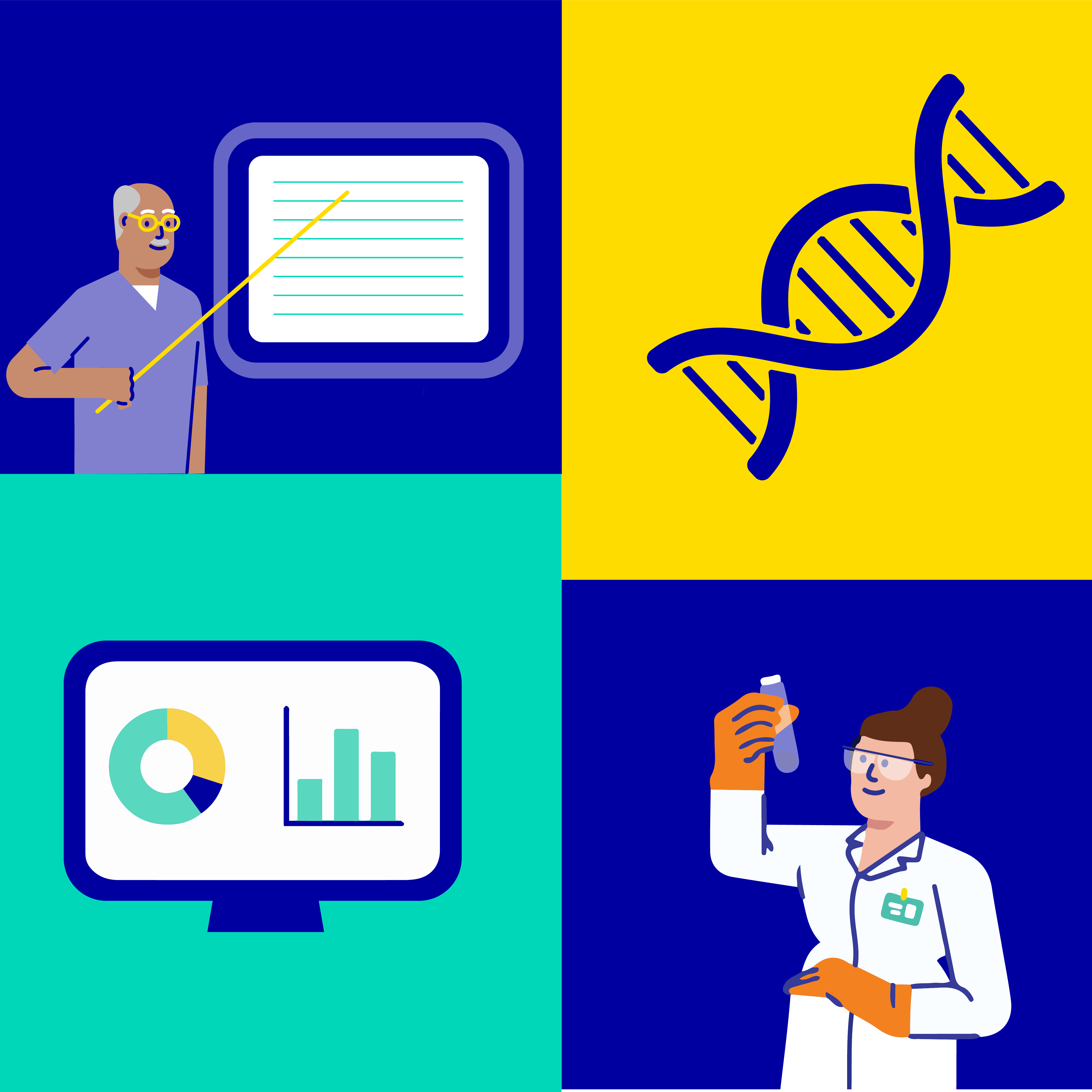Spark the Future: Waltham Petcare Science Institute’s VP of Science learned from an early age the sky’s the limit for girls and women in science
By Dr. Kay O’Donnell, VP Science, Waltham Petcare Science Institute
One of my early memories of the world-changing power of science and technology was being woken from my bed by my parents at 3 o’clock in the morning to watch the first moon landing. They explained that this was a “memorable moment in time,” but I was young and tired. The satellite TV pictures were grainy, the sound crackly. And although I sort of understood it was a cool thing, I’m not sure I quite appreciated the magnitude of the achievement.
A much more memorable moment for me a year later was the return of the Apollo 13 mission. I remember waiting anxiously around the TV for the stricken spacecraft to establish contact as it re-entered the earth’s atmosphere. The harrowing journey has since been dramatized and glamorized as a Hollywood movie. It’s a great story, yet in real time it was a tense, inspirational drama with no guaranteed happy ending. The outcome of the failed lunar landing was dependent on the creativity and ingenuity of a team of scientists and engineers with a deep understanding of STEM subjects and a “laser focus” on a common goal. Against all odds, the crew found a way to get the damaged spacecraft home safely – NASA even classified it a “successful failure” because of the experience gained during the rescue.
Since then, science, technology and innovation have grown at an exponential pace, as have the number of women in these fields. I don’t recall seeing many women on the broadcasts from the NASA Space Center as I watched Apollo 13 descend, but times change. Now there are many more of us, including at Mars, where we operate across a broad spectrum of science and technology. My team at the Waltham Petcare Science Institute is focused on making a real difference in understanding health and disease and improving the lives of pets and their owners around the world.
As a young child, I didn’t really understand the teamwork and brilliance of the cross-functional teams that got the Apollo 13 astronauts home in the same way I did when I was older and studying STEM subjects. I wonder what world-impacting events will inspire the next generation and spark their interest in STEM – perhaps the impact of science and technology during the COVID-19 pandemic? Whether it’s that or something else, it is clear that science is a ‘team sport’, and with a talented
team, great cross-functional capability and a common goal, we can change the world for the better. Let’s continue to work together and push the boundaries of what’s possible.














